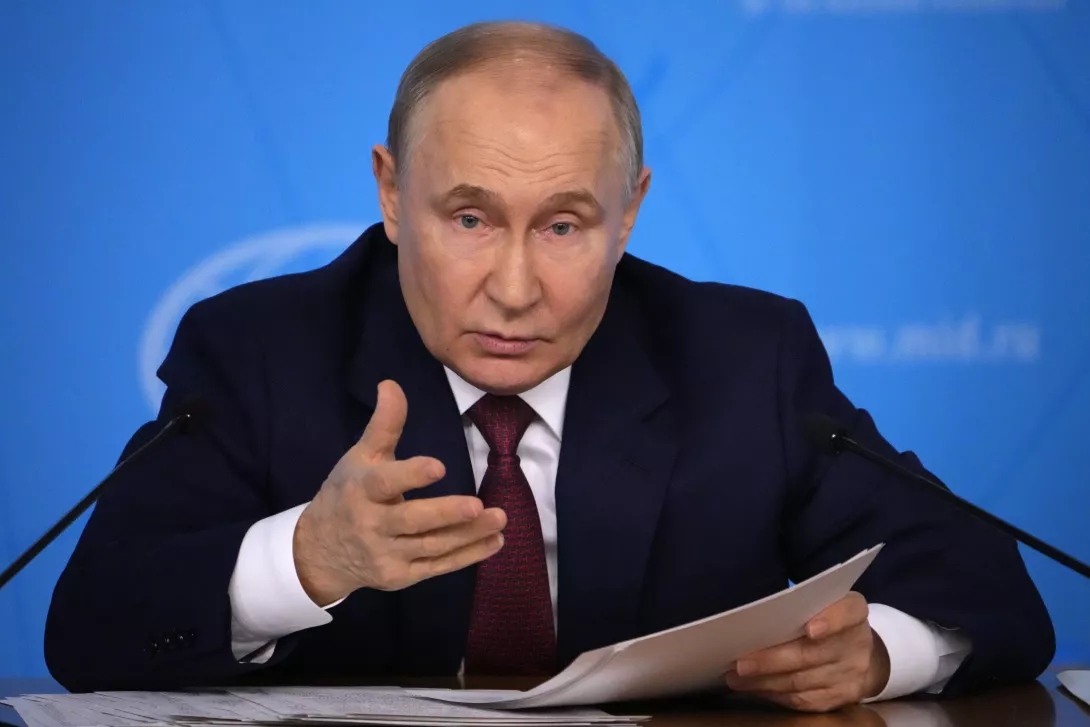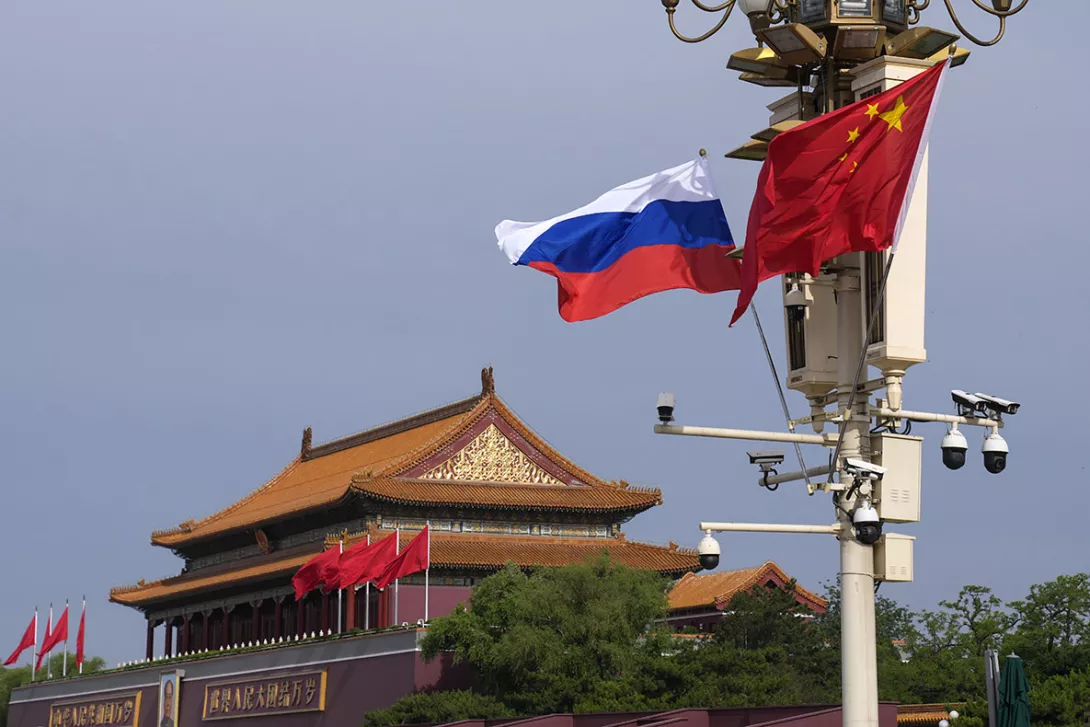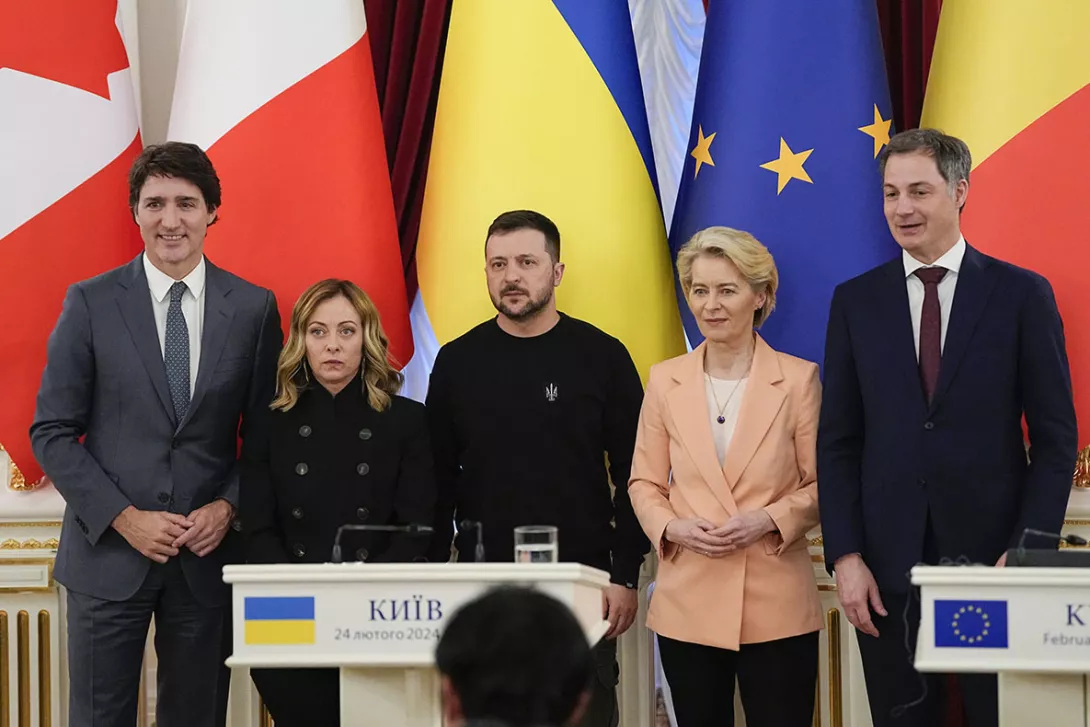The proxy war in Ukraine is heading to a denouement with the US and Russia dividing the spoils while the European powers stand bewildered by events they have been wilfully blind to, says KEVIN OVENDEN
British and Ukrainian workers' common cause
Ukrainian workers need support, writes National Union of Mineworkers general secretary CHRIS KITCHEN after a visit to the country
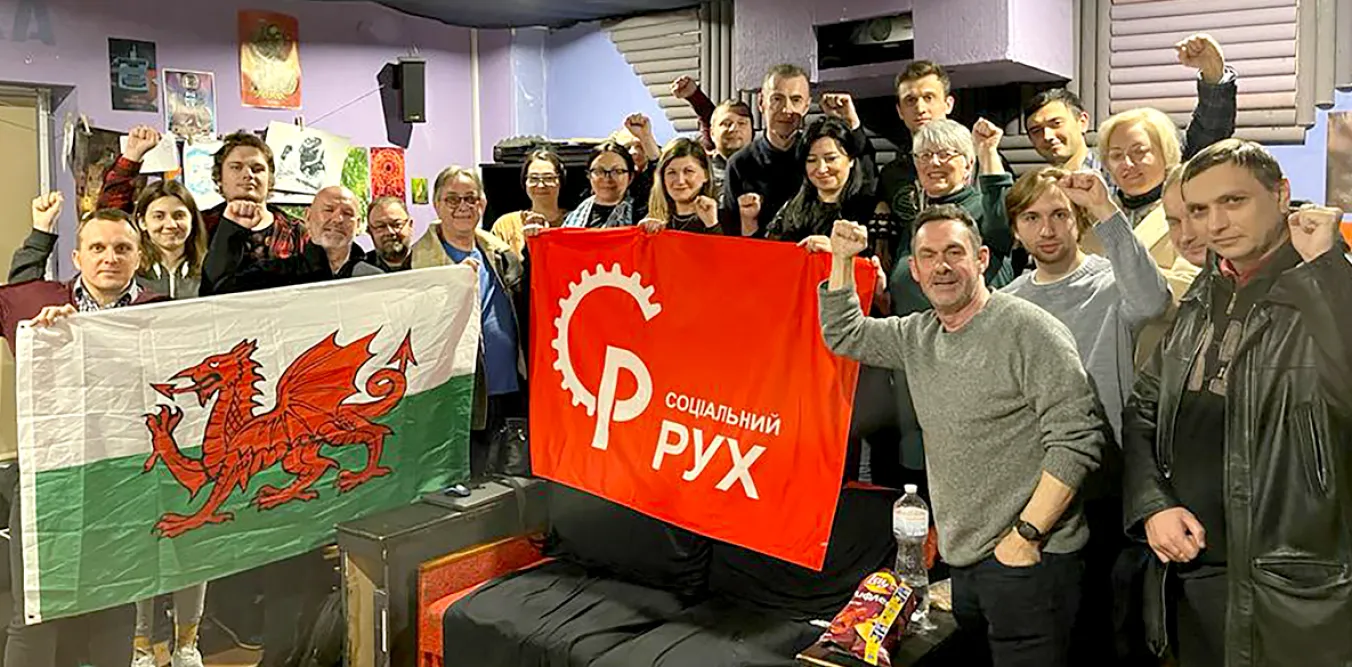
IT WAS a privilege to have been part of a trade union and left-wing, socialist delegation to Kiev between February 19-23 2022. The group comprised Mick Whelan (Aslef general secretary), Mick Antoniw and Adam Price (both Welsh Assembly member), Julie Ward (former MEP), Paul Mason (journalist) and Yuliya Yurchenko (Greenwich University).
We all felt that given the situation it was important that we made a physical visit to the Ukraine to show our support.
It was surreal walking round Kiev the day we arrived seeing people going about their lives as normal and being able to go to a Ukrainian restaurant for our evening meal given the reports in the British press and Foreign Office advice that we had received not to travel unless essential.
More from this author
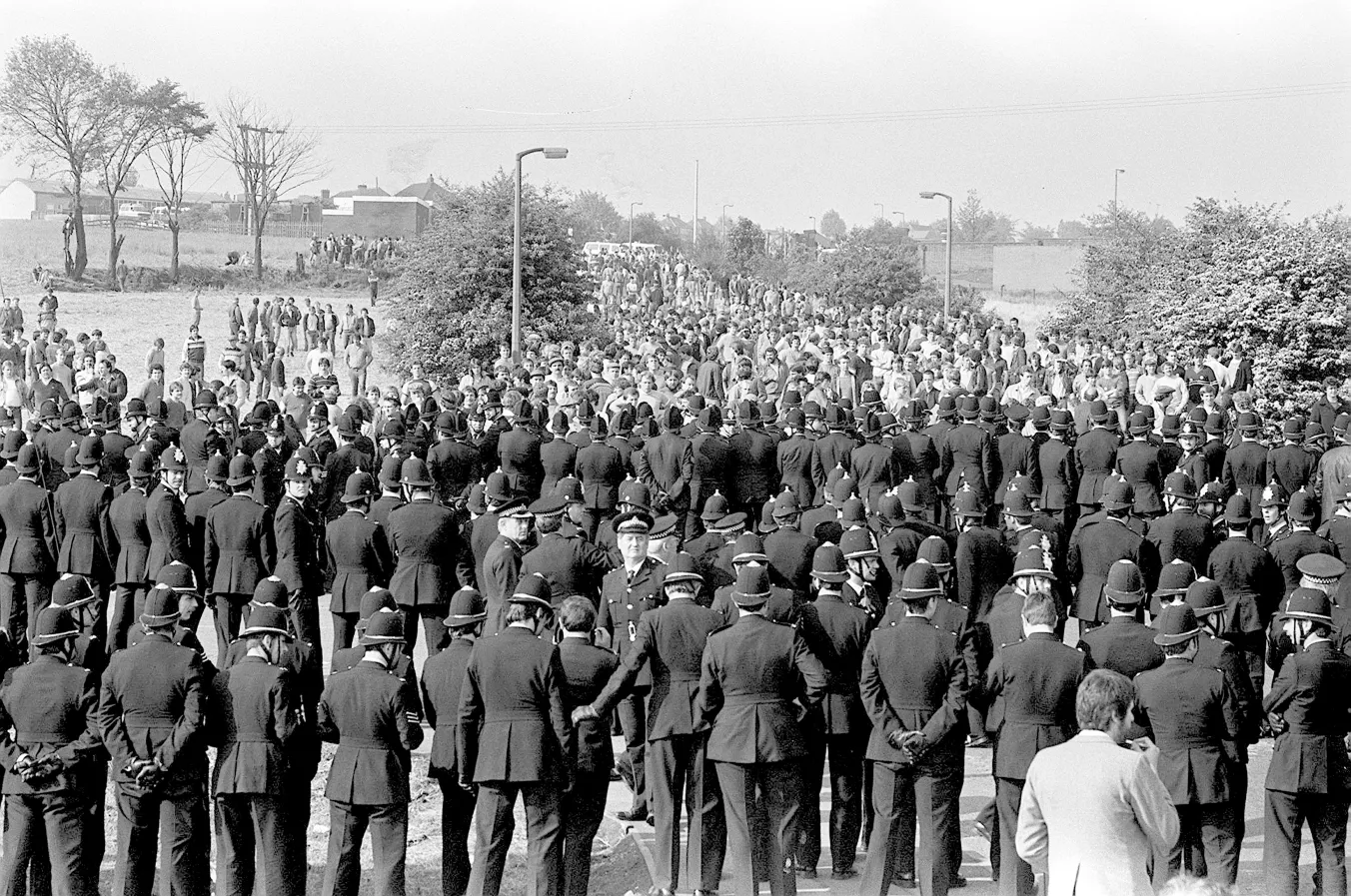
CHRIS KITCHEN, general secretary of the National Union of Mineworkers, reminds us that the defining industrial battle of the last century isn’t over until there is full justice for Orgreave's victims — and for miners’ pensions
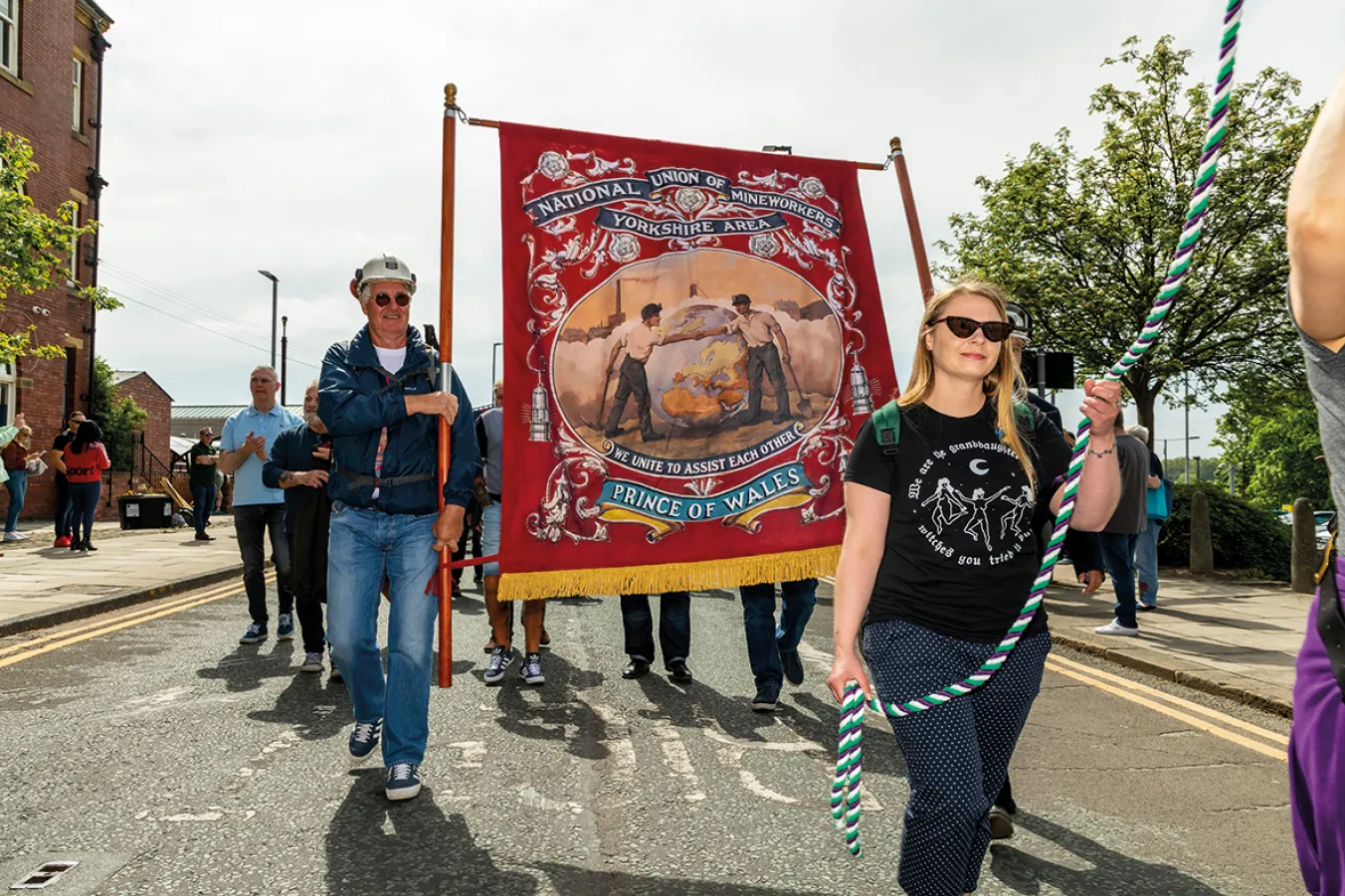
As well as our industrial strength, we need to build up reserves of class pride — and events like this festival are key, writes general secretary of the National Union of Mineworkers CHRIS KITCHEN
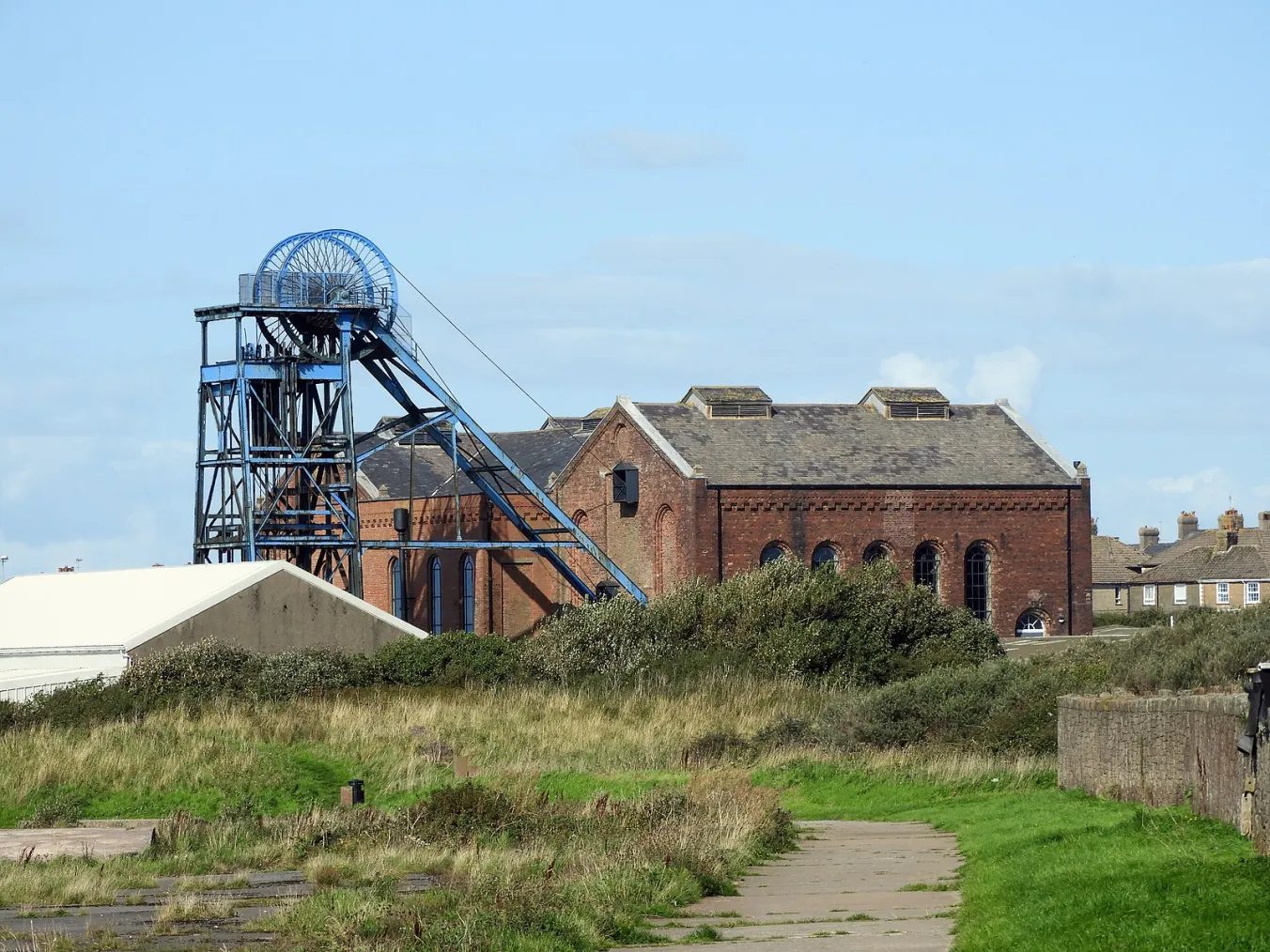
General secretary of the NUM CHRIS KITCHEN argues that while Britain is still importing and burning coal from abroad, reopening mines and using our own reserves actually reduces the amount of carbon emissions
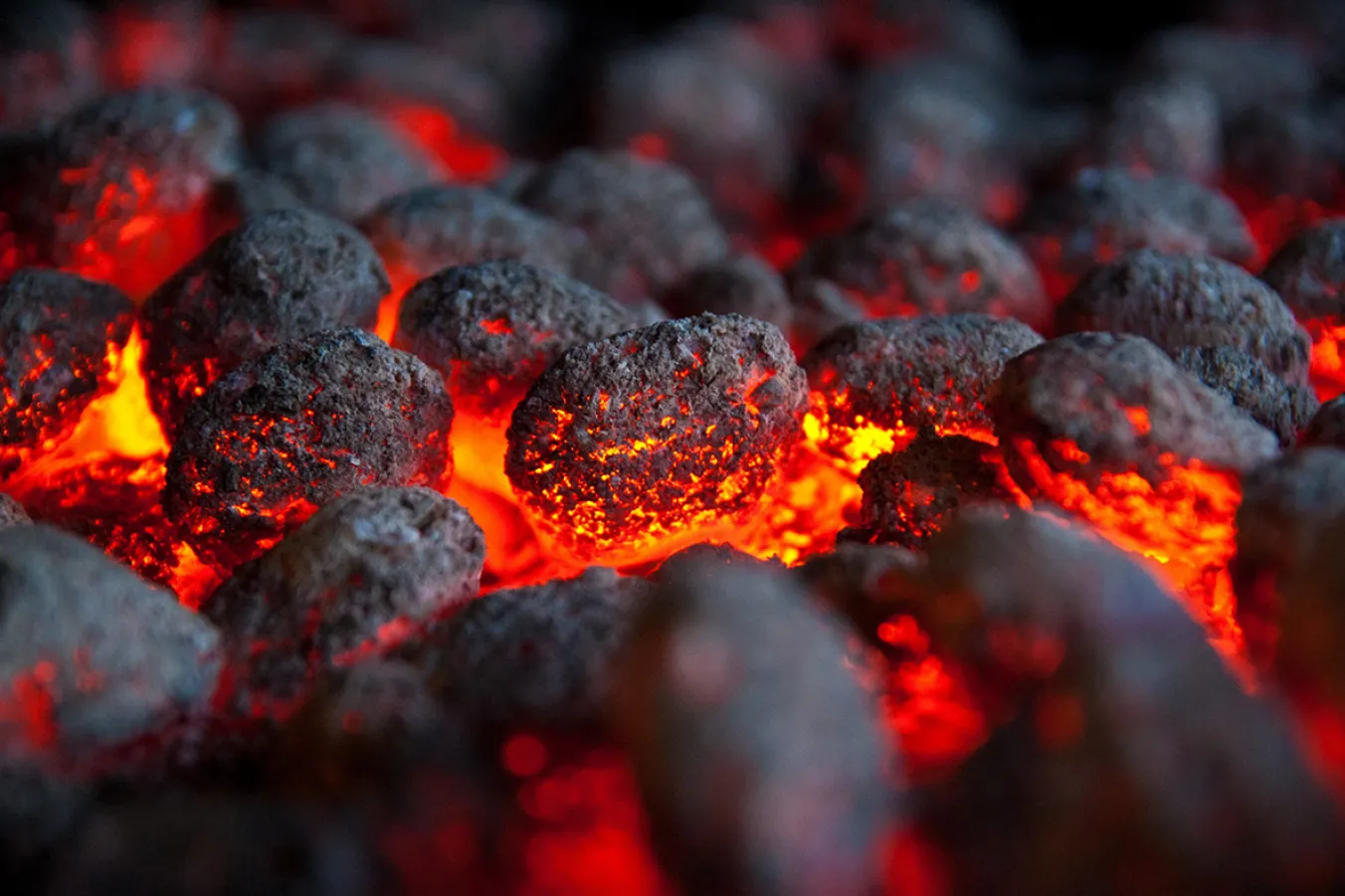
Can coal be part of the solution to tackling climate change, asks CHRIS KITCHEN, general secretary of the National Union of Mineworkers
Similar stories
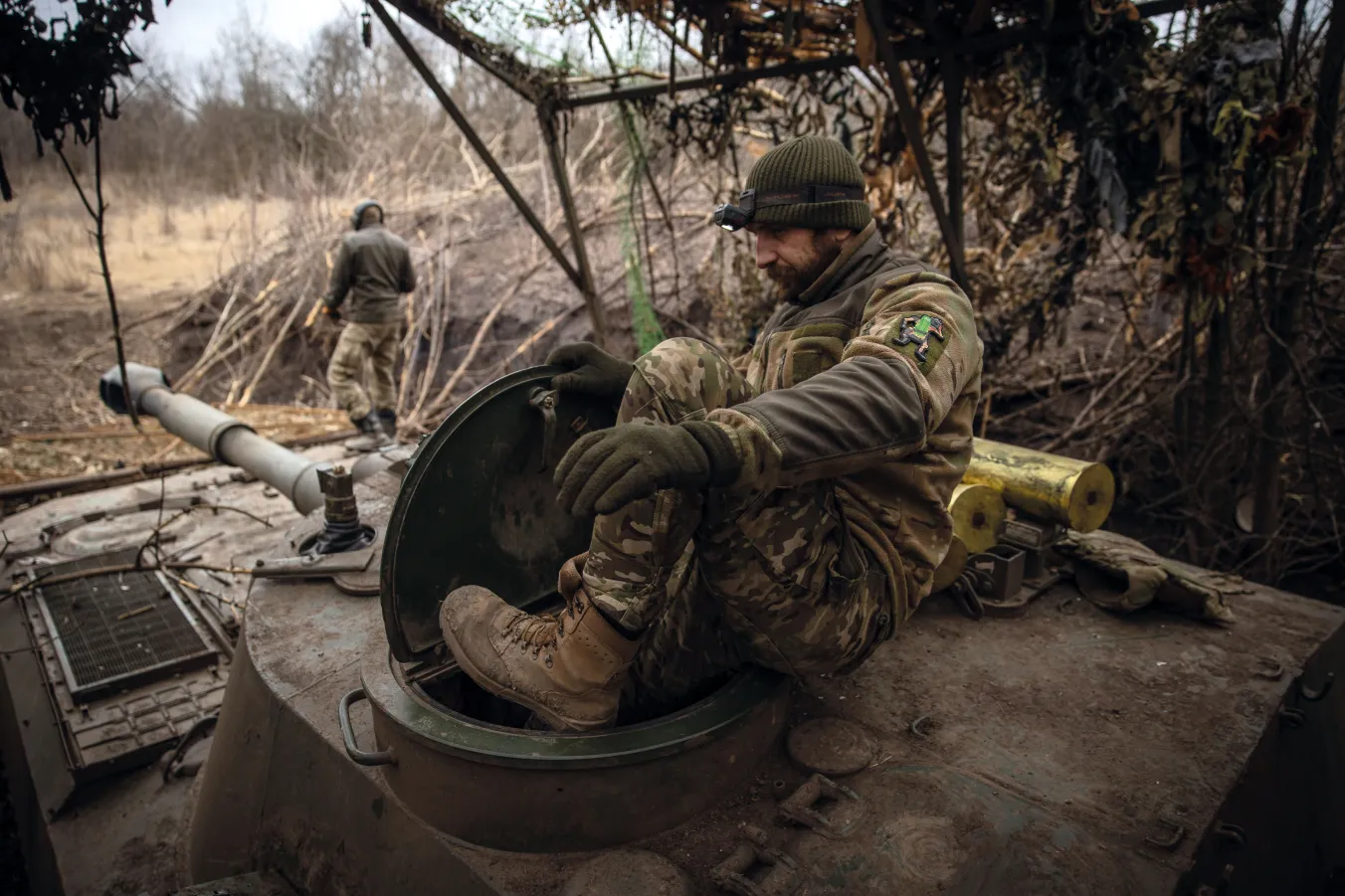
The possibility of a renewed diplomatic solution in Ukraine could be opening up – but will a hawkish Labour front bench get the message, wonders NICK WRIGHT










